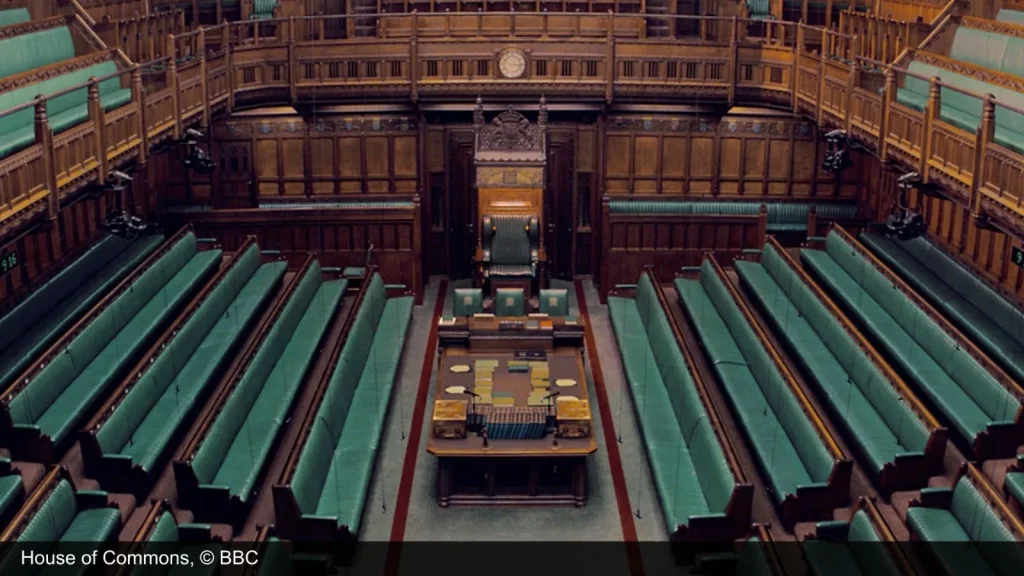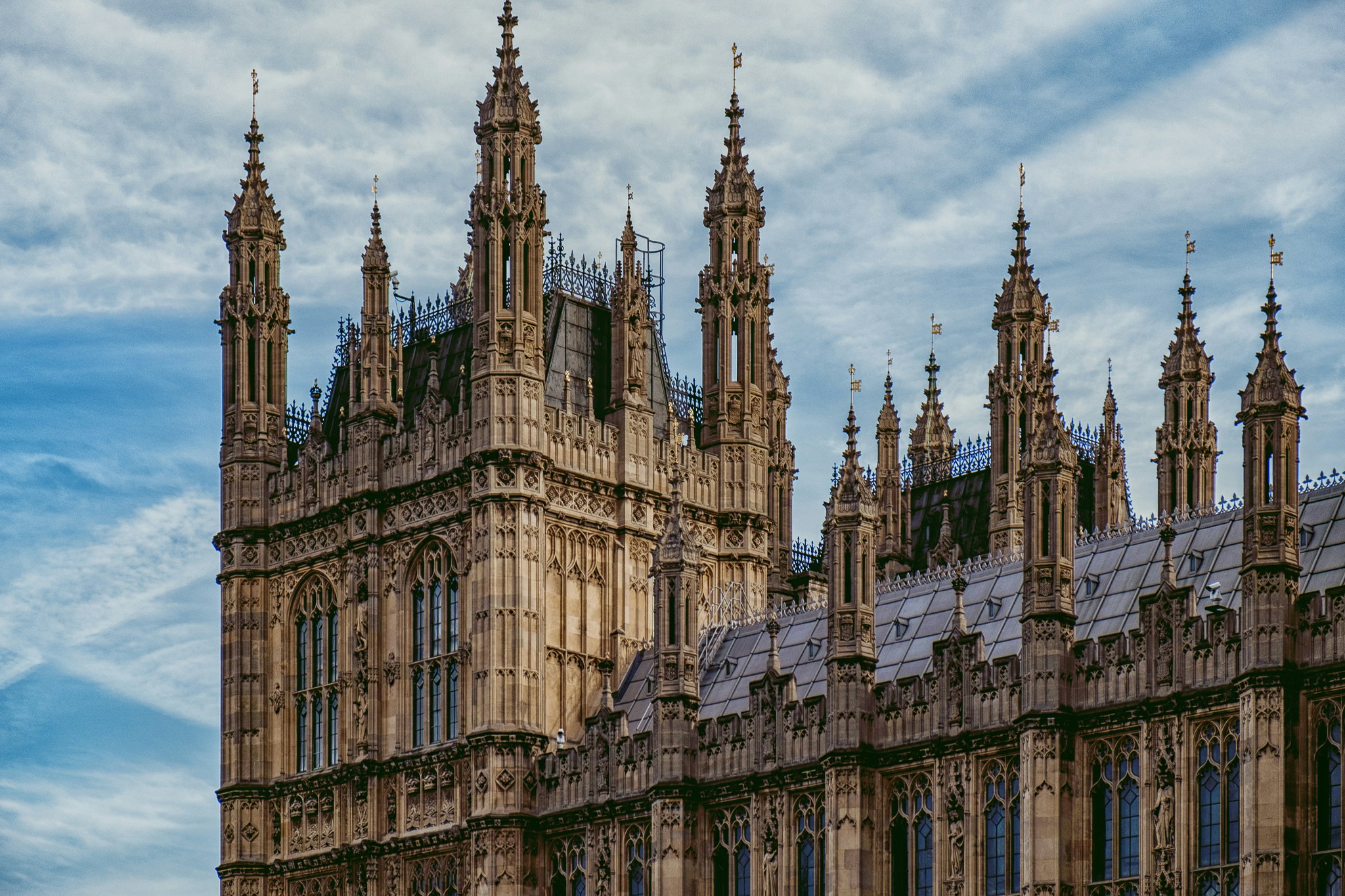MPs unite on the importance of the UK space industry

MPs have debated in the House of Commons on the future of the UK space industry, prodigiously agreeing on the importance of the sector.
On Thursday, the deputy speaker called for “the man in the Irn-Bru mask, Owen Thompson” to open a debate on the future of the UK space industry. The member of the SNP set the tone for the debate, explaining that “space is one of the UK’s fastest growing sectors, trebling in size since 2010.
“It has huge potential for the levelling-up agenda, creating highly skilled jobs right across the UK from Shetland to the south-east of England.”
Almost 950 organisations, concerning 41,900 jobs, spread throughout the UK are engaged in the space industry. Latest figures show that the total income from the sector grew to £14.8 billion in 2016-17.
The majority of income is generated through the downstream segment of the industry, data-based applications such as Earth observation or telecommunications. Upstream activities, including space manufacturing (launch vehicles, satellites, payloads, scientific instruments), generated an income of £2.4 billion in 2016-17 and is expected to grow rapidly.
Thompson continued, “rocket launches do not exactly have a reputation for being green, but the new space industry must be an environmentally responsible one.”
He continues to explain the sector’s relevance in fighting climate change and the shift toward ecological practise. “Space is central to tackling environmental and social justice issues around the globe. Data from satellites play a crucial role in the fight against climate change and finding solutions for major issues that scar our planet.”
He later discussed Skyrora’s own efforts in caring for the environment. “Skyrora has successfully tested a fuel called Ecosene, which is created from plastic waste that would otherwise have gone to landfill.”
Thompson then commented on the regulatory environment, explaining that “getting the regulations in place is at times more like moving through treacle than rocketing away into a new space future.
“The concern is that the licence application process for launch will take far too long to process, resulting in the industry being uncompetitive. We cannot jeopardise the achievements of an innovative home-grown industry by letting it drift and losing out on launch capability to neighbouring nations.”
In 2018, a new Space Industry Act was published, aiming to provide a regulatory framework to enable commercial spaceflight from UK spaceports. The essential licencing framework, however, is not yet in place.
The Department for Transport published a consultation seeking views on the regulations in July last year, however an outcome is yet to be realised.
Tory Minister Amanda Solloway said “We plan to make the UK a global hub for space innovation. We have launched a £15 million national space innovation programme, the UK’s first dedicated fund for pioneering space technologies, which will help solve some of the greatest societal challenges. Our aim is to be the first country in Europe to launch small satellites.”
The importance of the sector to “inspire the next generation in science, engineering and technology” was also frequently discussed and strongly agreed upon.
The overwhelming agreement amongst members on the sector’s importance will boost awareness of the industry and should spur policy-makers to accelerate development of the regulatory environment.
The full debate can be found at https://parliamentlive.tv/event/index/123fb8a0-c110-4c6f-add9-e67837f93485?in=13:51:07
References:
1. HC Deb (4 February 2021). vol. 688. Available at: https://hansard.parliament.uk/Commons/2021-02-04/debates/3F057C2B-ED99-4BC5-83D2-D941F92616A0/UKSpaceIndustry (Accessed: 5 February 2021).
2. House of Commons Library, (3 February 2021). Future of the UK Space Industry. London: House of Commons Library, p.2-18.



